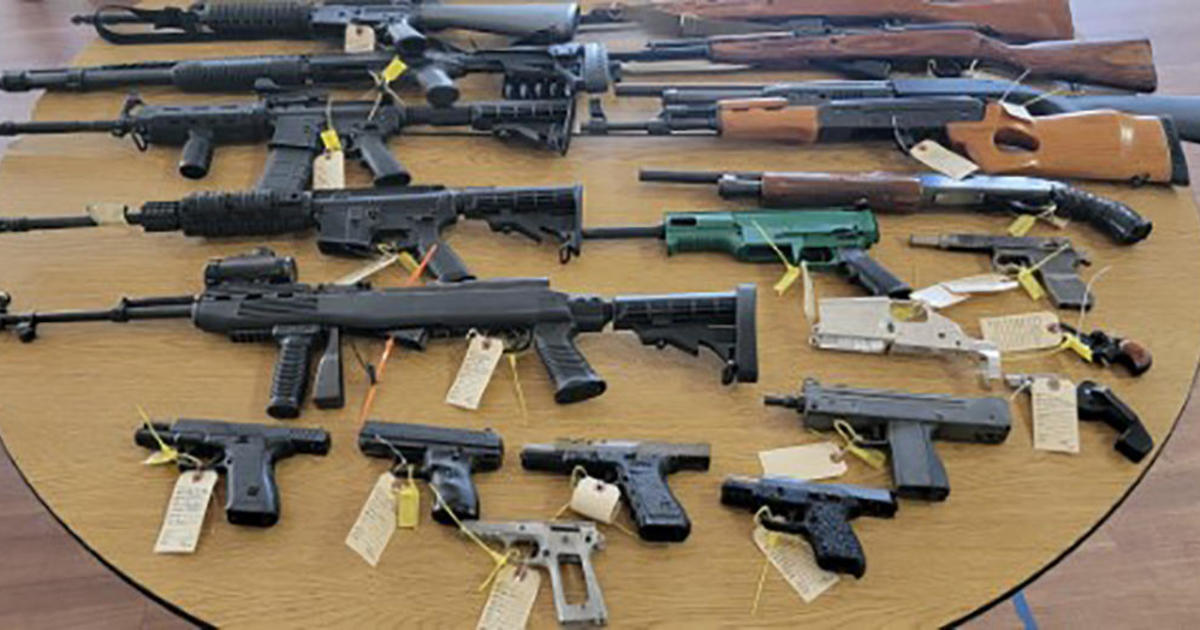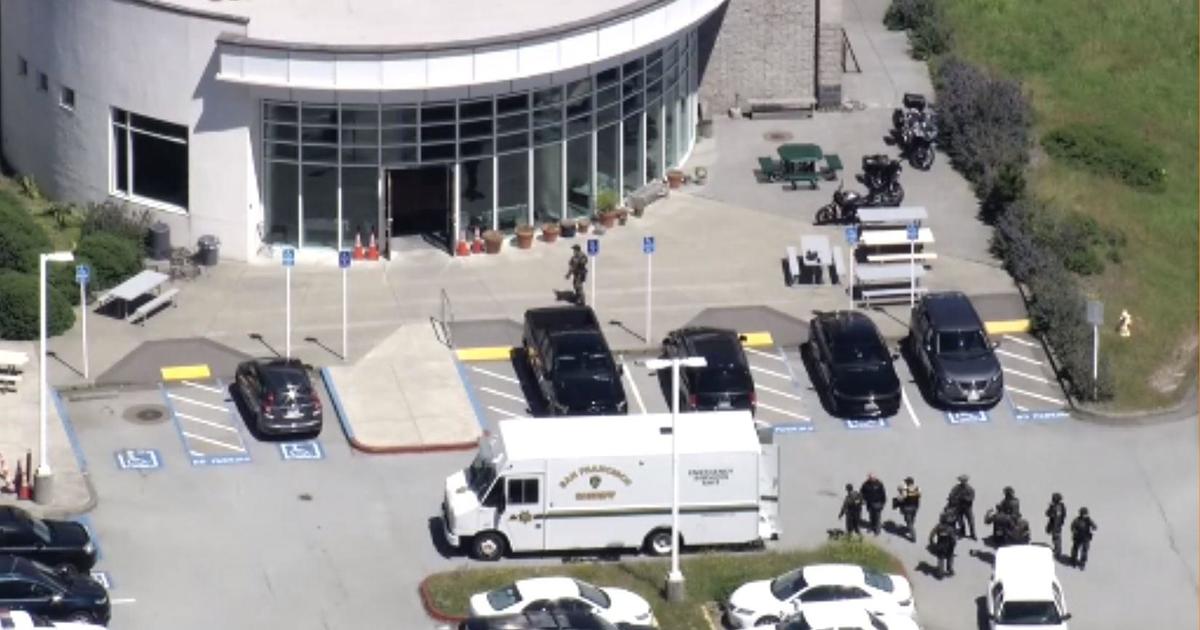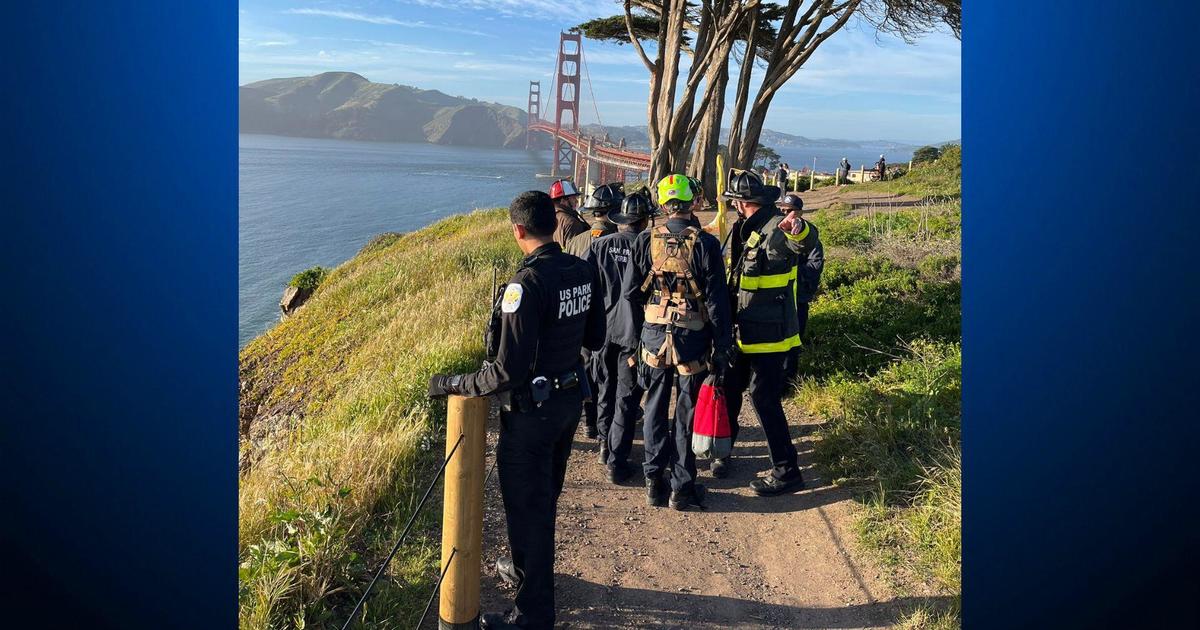San Francisco Police Trained To De-Escalate Violence In Encounters With Mentally-Ill Suspects
SAN FRANCISCO (KPIX) -- More than a third of the 168 police shootings in California last year involved suspects that showed signs of mental illness, according to a Washington Post report.
Police officer Lily Prillinger patrols San Francisco's Haight Street. She says many of the people she meets are struggling with mental illness.
"We have a pretty significant transient population," she says. "I just try and pay attention to the signals they're giving me."
Situations may start out peacefully but they can go wrong quickly. Officer Prillinger says they don't have to.
"I really try to engage people on a level that is respectful because I think if you show people that respect and that you are paying attention to them they really kind of show you a different side of themselves," she said.
Those skills are more relevant than ever in the wake of a series of recent police confrontations.
The mother of Stanslav Petrov, beaten repeatedly by Alameda County Sheriff's deputies last November, says he has a history of psychiatric problems.
Family members of Mario Woods, shot to death by San Francisco police, say he was in crisis.
Cutbacks in mental health services have forced law enforcement onto the front lines of the problem. Crisis intervention used to be voluntary but, as of this year, it's mandatory at the San Francisco police department. So far, about a quarter of the force has gone through the 40 hours of training, including the newest batch of police academy graduates.
The class is taught by family members of people with mental illness, like Deborah Hall. She spoke at the training session on behalf of the National Alliance on Mental Illness.
"My biggest fear is that I'm going to get a call that my son is dead, either shot by the police or in an altercation with some stranger on the street," Hall said. She says that the way an officer makes initial contact with a mentally ill suspect is critical.
"What I am saying is: do it in a way that doesn't aggravate the situation. For example, [tell the suspect] 'I have to put handcuffs on, here is why' and then go ahead and do it," Hall explains.
"CIT is additional training we empower the officer with on how to use their mouth, how to communicate. I think that is the biggest weapon that an officer has," said Lt. Mario Molina.
Lt. Molina organizes the training sessions. He says 80 percent of calls for service in the city are for people who are in crisis. He estimates police have to forcibly7 take at least 4,000 people a year to psychiatric facilities.
"The concept that we want our officers to have in mind is time and distance. Slow things down, right? Not a danger to others, just waving a knife, or a bat. We want our officers to get that information and slow the response down."
Dominic Coyne, fresh out of the police academy, took it all in. He says he hopes to help a lot of people, not hurt them.
"I think the big thing is building a rapport with the people who show up, be in the moment and understand what they are asking of you," Coyne said.
That's officer Prillinger's goal too.
"One of the core qualities of crisis intervention training is that you are operating from a position of empathy. That's a way to identify what problems that person has. Maybe they really did a crime, maybe they need resources, but at the same time not coming from a place of harsh judgment," she said.



